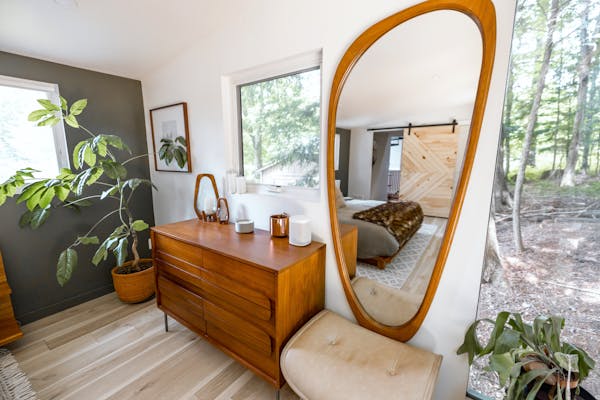
Secondary Suite: What Homeowners Should Know
Are you thinking about the best way to invest in real estate? If you own a single-family home, the opportunity to earn extra income might be closer than you think—right under your roof. By converting part of your home into a self-contained living space, such as a basement unit, you can begin generating rental income. Known as secondary suites, these units typically include a separate entrance, kitchen, bathroom, and sleeping area, offering tenants a private living space.
But is building a secondary suite the right investment for you? Let’s explore the pros and cons to help you decide.
The Benefits
Creating a secondary suite can offer several advantages for homeowners:
- Generate Passive Income: Renting out a secondary suite provides a steady stream of passive income. This extra income can help cover your mortgage payments, property taxes, and other living expenses. Some homeowners even choose to live in the smaller portion of their home while renting out the larger space for more income potential.
- Increase Property Value: Legal secondary suites can significantly boost your property’s value. In competitive markets like the GTA, buyers are often drawn to homes with rental potential, making your property more attractive when it’s time to sell.
- Retirement Benefits: Planning for retirement? The income from a secondary suite can supplement your savings. Over time, it could also serve as an accessible living space if mobility becomes a concern in the future.
- Mortgage Assistance: Some lenders allow you to include rental income from a secondary suite when applying for a mortgage. This can help you qualify for a larger loan or better terms, particularly if you plan to rent out part of your home.
To learn more about the steps involved in creating a legal basement apartment or secondary suites, check out our Complete Homeowner’s and Buyer’s Guide for the GTA.
The Drawbacks
While the benefits are attractive, there are a few potential drawbacks to keep in mind:
- Privacy Concerns: Even with a separate entrance and amenities, sharing your property with tenants can affect your privacy. Some homeowners may not feel entirely comfortable with tenants living so close by.
- Limited Rental Income: Although rental income from a secondary suite can be significant, it may not match the earnings of a standalone rental property. If maximizing your returns is a priority, you may want to explore other investment options. However, these usually come with higher upfront costs.
- Renovation Expenses: Converting part of your home into a legal secondary suite requires renovations, which can be expensive depending on your home’s layout. Consulting with a contractor will help you estimate the costs and ensure your project complies with local building regulations.
For those exploring other real estate investment strategies, the Canada Mortgage and Housing Corporation (CMHC) offers valuable insights into the financial and legal aspects of secondary suites.
Understanding the Legalities of Secondary Suites
To create a legal secondary suite, you must follow local zoning laws, building codes, and fire safety standards. Each city in the GTA, including Brampton, Mississauga, and Toronto, has its own regulations governing these types of units. These rules may cover lot size, parking requirements, and unit dimensions.
Additionally, you’ll need to submit an application for your suite, which may include detailed plans and inspections. While the process may seem complex, establishing a legal secondary suite can significantly increase the value of your property over time.
For a more detailed guide on local regulations for building secondary suites, check out our Complete Guide to Basement Apartments and Secondary Suites in the GTA.
Is a Secondary Suite the Right Investment for You?
Building a secondary suite can be an excellent investment if you’re looking to generate passive income, increase your property value, or plan for retirement. However, it’s important to weigh the benefits against potential challenges. Consider renovation costs, privacy concerns, and legal compliance before moving forward.
Whether you’re planning to build a secondary suite or searching for a property that already has one, working with an experienced real estate professional can help you navigate the process smoothly and profitably.
Looking for a property with secondary suite potential? We’re here to help you explore your options. Contact us today for expert advice on the GTA real estate market. You can reach us at any time. Let’s turn your real estate goals into reality.


